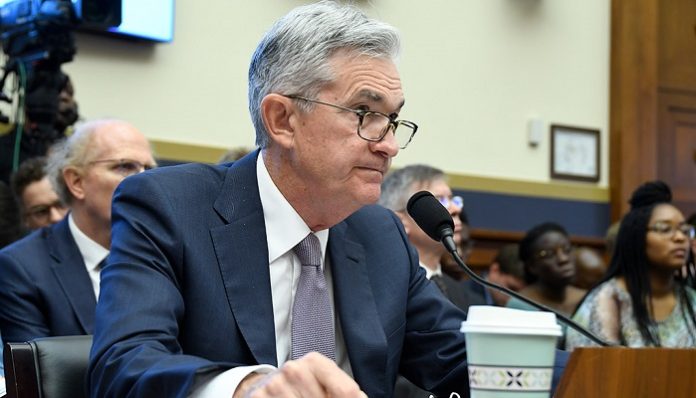As the U.S. economy resists the Fed’s effort to slow growth by tightening the money supply, the Fed’s likely response will result in a more severe recession than previously expected.
Friday’s report on January consumer spending, income, and inflation was every bit as bad as it appeared. Although it’s only one month, it is becoming clear the economy is taking longer than expected to respond to the Fed’s restraint. This is not good news.
The Week That Was
The strength of the economy in January is likely to have continued in February. S&P’s advanced business survey no longer shows a declining economy. Weekly initial unemployment claims also point to a strong labor market.
One cautionary note regards the latest monetary data. They show monetary restraint increased in February. If this continues, it would point to a serious economic weakening in the second half of this year.
Things to Come
Today there will be a report on January new orders for durable goods. The consensus expectation is for a downturn in new orders. If new orders are strong, it will be more bad news for inflation, interest rates, and stock prices.
Business surveys for manufacturing have been showing a downward trend. If Wednesday’s manufacturing surveys show signs of strength, it would be another negative development. The same is true for Friday’s business surveys for service companies.
Market Forces
Friday’s economic news was bombshell bad. Monthly January data show inflation at a 7 percent to 8 percent annualized rate. Spending rose at a 23 percent rate, and wages and salaries at an 11 percent rate.
These numbers point to a booming economy with little progress on lowering inflation. Worse, the surge in spending means inflation will continue for months ahead. Spending has to slow significantly to ease the pressure on prices. So far it hasn’t happened.
Financial markets immediately captured the implications of January’s surge. The one-year Treasury yield was slightly over 5 percent. Markets now expect the fed funds rate to peak at 5½ percent to 5¾ percent later this year.
Stocks fell sharply on the news ,with the S&P500 falling below its 50-day average and approaching its 200-day average.
There is no way to sugar-coat the latest news. We expect it to lead to higher interest rates and take well toward the end of the year to contain inflation.
Without signs of a spending slowdown in the months ahead, the transition to lower inflation will take longer and involve more financial pain.
For more Budget & Tax News articles.
For more from The Heartland Institute.
Outlook
Economic Fundamentals: negative
Stock Valuation: S&P 500 overvalued by 15 percent
Monetary Policy: restrictive











